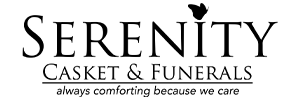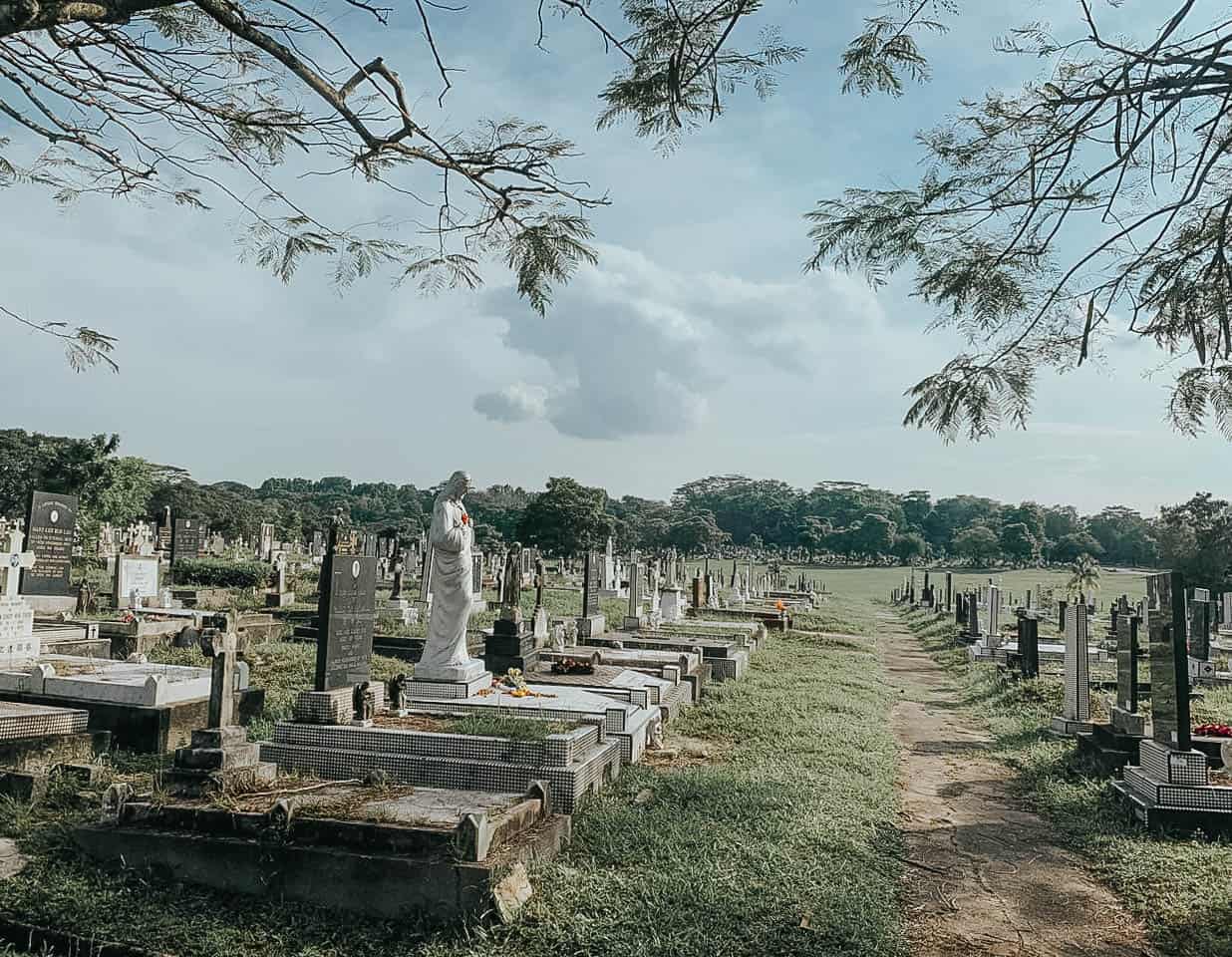In a world where all of your questions can be answered in multiple ways with the click of a button, it’s easy to get overwhelmed with choices and options. The same goes for funerals and after-death arrangements – there are different paths to take, and it is important to know about your options before it’s too late to decide for yourself. Exploring the different paths to take upon death can be an enlightening experience and you just might find a path that speaks to your personal preference. It’s nearly impossible to dictate our own fate in life, so why not choose your own path to take after you’ve taken your final breaths? Finding out more will only empower you to make confident choices in the future.
DONATING YOUR BODY TO EDUCATIONAL OR RESEARCH PURPOSES
In Singapore, you can apply to have your body preserved for educational and research purposes, or to donate your organs for the same cause. It’s best to go through with the applications while you are fit and well enough to do so on your own. Considering the commitment required for these procedures, we encourage interested persons to do research of their own before coming to a decision. We have found liveon.gov.sg to be a succinct, informative site that includes myth-busting facts about organ donation.
“The Human Organ Transplant Act (HOTA) allows for the kidneys, heart, liver and corneas to be removed, for the purpose of transplantation, in the event of death from any cause. ”
HOTA covers all Singapore Citizens and Permanent Residents 21 years old and above, who are not mentally disordered, unless they have opted out.” – Ministry Of Health Singapore webpage on Human Organ Transplants.
NOTE: According to the Singapore Law, all deaths (regardless of citizenship) must be registered within 24 hours. Upon a person’s death, the family or persons who are with the deceased must first obtain a Certificate of Cause Of Death (CCOD), after which they can contact a funeral director and then proceed to obtain a Death Certificate and register the death. Find out more through NEA’s guide here.
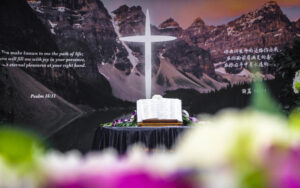
DECIDING ON FUNERAL PROCEDURES
For those who follow a religion
For those who follow a religion and hope to carry out the traditions and customs accordingly, you can work closely with your funeral director to arrange for the procedures following death. The process includes booking of cremation or burial slots and timings, contacting officiants and seeking approval for locations such as void decks and memorial halls. Most religions have their own traditions and rites when it comes to preparing a send-off and normally dictate the procedures for the remainder of the bereavement process, be it in prayer services, logistical needs and cremation or burial procedures.
For example, the Catholic and Christian communities hold night service or a vigil, where Family and friends gather and sing hymns, offering prayers for the deceased’s soul to be reunited with God in Heaven. There is sometimes a memorial mass that takes place before the burial or cremation, all of which are presided over by a pastor (for Christian services) or priest (for Catholic masses). A bible is placed before the casket, normally turned to Psalm 23, a widely known passage in the bible that evokes peace and reassures those who are grieving. Depending on the deceased or their family’s wishes, the cortege will leave for burial or cremation from there.
This is vastly different to the traditions of other religions and also why it is crucial to scope the different funeral service providers around before choosing 1 to work with. You should be comfortable speaking to your funeral director, and trust them wholeheartedly to deliver their promises, fulfil your requests and pave the way for a comfortable bereavement journey.
For those who do not follow a religion
Decide if you would like to be first laid to rest at a wake for a few days, or deposited shortly after passing. Holding a wake would mean that the body might have to be embalmed, dressed in a selected outfit and laid in a casket before being transported to the wake itself. This is normally done while the tentage and general set up of the wake is happening, so that family and friends can gather and receive the body when it has been embalmed and made up. Needless to say, a funeral that involves a wake would incur more costs due to the time, logistics and manpower required to set up and run a beautiful, smooth ceremony.
Other aspects such as personalisation and logistics will unfold after deciding on the funeral procedures. Funeral homes normally offer extensive packages with different price points, covering all of your bereavement needs from embalming, tentage set-ups, sitting areas for guests, floral arrangements etc. Funeral Directors will be able to advise you accordingly with your budget and personal preferences in mind, to bring your vision to life.
Straight Funeral
This is a shorter process, where the deceased is cremated or buried shortly after passing. The whole funeral can be done from start to finish within 24 hours in some cases. There is no funeral wake held, but Funeral homes are normally able to assist in organising a simple memorial service before a straight case is set in motion. It’s known as a much more straightforward and economic path to take, but is by no means any less dignified or righteous.
Do take note that in light of the COVID-19 pandemic restrictions, the Singapore government has regulated the capacity of funeral wakes, religious establishments and gatherings at cremation halls for everyone’s safety – do contact the respective locations and talk to your funeral director for more information when making funeral arrangements.
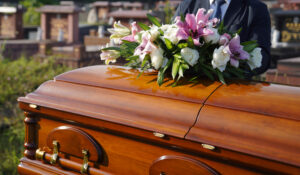
BURIAL OR CREMATION?
To some, it’s a straightforward answer given their family traditions or religious beliefs but others may prefer to look at the practical and economical factors involved in this aspect of a funeral. Regardless of your path, you will be treated with respect and sincerity.
Land Burial: Burial at a cemetery, lowered into a grave underground, either in a casket or coffin (or wrapped in cloth, following religious beliefs)
Cremation: The casket or coffin holding the body goes through an incinerator, after which the ashes are kept in an urn.
Sea Burial: After the ash collection at the crematorium, the deceased travels with family, friends and the funeral director in an urn to be respectfully released from a ferry at a designated site south of Pulau Semakau.
With modern changes and decreasing land space in Singapore, there has been an increase in families and individuals opting for cremation or sea burial. With that said, The Choa Chu Kang Cemetery Complex is the only remaining burial ground that is still open for burials, where lots are allocated sequentially and various religions are catered to. These lots will be exhumed after 15 years in accordance with the New Burial Policy. From there, the family of the deceased will have to follow up with collection or move the remains to a smaller plot if religion laws mandate an extended burial.
There is 1 government owned crematorium at Mandai, and 2 other private crematoriums in Singapore. Cremation fees differ accordingly.

After cremation, the family is to collect the ashes in an urn and is free to continue with a sea burial or store them in a columbarium niche for viewing in the future.
There are 2 government owned columbaria in Singapore, located at Mandai and Choa Chu Kang. Private columbaria are located around the island. Some religious places of worship such as Catholic church grounds which usually have a dedicated columbaria of their own within the premises, while temples and monasteries also have grounds of their own. An upcoming fully-automated niche viewing centre, Goldhill memorial centre is also underway. Government and privately owned columbaria operate differently in terms of bookings and allocation, so it’s best to do your research in accordance with your religious or personal preferences.
With innovation and eco-consciousness being in the spotlight recently, funeral companies are coming up with a myriad of modern solutions such as biodegradable caskets and other ways to store ashes, including necklace charms and other personalised keepsakes.
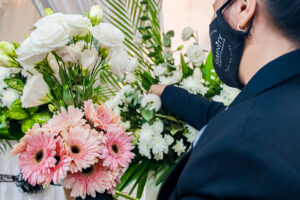
A PERSONALIZED SERVICE REQUIRES PERSONAL TOUCHES
The delicate, personal nature of a death demands great emotional strength from those who are grieving. However, many feel a deeper sense of connection and comfort when they are able to personalize a ceremony with favourite colours or playlists and songs that are significant to the deceased. This also extends to a favourite outfit or memorabilia that they were especially fond of. These are the little yet irreplaceable touches that a Funeral Director cannot decide on for you – be sure to share any ideas to them to bring your visions to life.
Having discussions beforehand will help to set the desired tone for the whole process and service, and get everyone on the same page to avoid conflict or pride getting in the way. We have witnessed one too many unfortunate circumstances where family members have started arguments leading to silent wars and resentment over their personal desires as a result of disagreeing over logistical or religious matters. This unknowingly takes the focus of the ceremony away from its rightful purpose of uplifting, remembering and celebrating a life.
Though emotions are powerful and can undoubtedly spark heated debates for the betterment of the situation, we would regret any disharmony between family and friends during a period of mourning and loss. After all, a funeral is one’s final journey on this earth and deserves to be carried out with grace and respect.
Funeral Directors are not in this line of work to take advantage of your vulnerability and overcharge you, nor present you with a bill laden with hidden costs. Our greatest honour is to support you and your loved ones through a period of loss with dignity, and to empower you to go forth in life. We are here to answer your questions, provide you with insight and always deliver with warmth.
Serenity Casket & Funerals is well versed with the procedures for bereavement care in Catholic, Christian and Free-Thinker customs and are ever-ready to support you and your family. Our previous article sheds light on approaching the topic of death with a calm heart, and is a great follow up to this one.
USEFUL READS
What to do when death occurs
https://www.nea.gov.sg/our-services/after-death/post-death-matters/arranging-a-funeral
Organ Donation
https://www.moh.gov.sg/policies-and-legislation/human-organ-transplant-act
